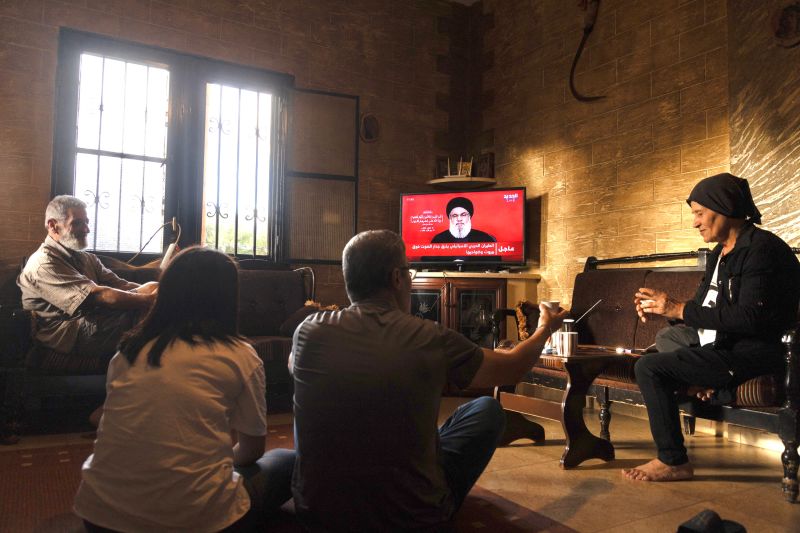
Uncovering the Hidden Depths of Hezbollah: Clues in Leader’s Speech
Hezbollah, the Lebanon-based militant group, has long been a subject of interest and concern for many across the globe. In a recent speech by the group’s leader, Hassan Nasrallah, there were clear signs of the organization moving towards operating further underground. This shift signals a potential change in Hezbollah’s tactics and strategies, raising questions about its future actions and implications for the region.
One of the key takeaways from Nasrallah’s speech is the emphasis on preparedness and readiness for potential conflicts. By indicating a move towards underground operations, Hezbollah is likely preparing for a more secretive and elusive approach to its activities. This shift can make it more challenging for authorities and adversaries to track and counter the group’s movements and operations effectively.
Moreover, Nasrallah’s speech highlighted the group’s resilience and commitment to its cause. Despite facing mounting pressure and scrutiny from various quarters, Hezbollah remains steadfast in its goals and objectives. The move towards operating deeper underground can be seen as a strategic response to external threats and challenges, showcasing the group’s determination to adapt and survive in a hostile environment.
Another significant aspect of Hezbollah’s underground shift is the potential impact on regional stability and security. As a powerful and well-armed group with a history of engaging in conflicts across the Middle East, any changes in Hezbollah’s tactics and strategies have broader implications for the region. The group’s increased focus on underground activities could complicate efforts to address existing geopolitical tensions and conflicts, potentially leading to further instability in the region.
Furthermore, Hezbollah’s move towards underground operations raises concerns about the group’s capabilities and intentions. Operating underground allows Hezbollah to maintain a degree of secrecy and anonymity, making it harder for external actors to anticipate and respond to its actions. This element of unpredictability could pose challenges for regional actors and international stakeholders seeking to manage and mitigate the group’s influence and activities effectively.
In conclusion, Nasrallah’s recent speech indicating Hezbollah’s move towards operating deeper underground underscores the group’s adaptability and resilience in the face of external pressures and threats. This shift in tactics raises important questions about the group’s future actions and impact on regional dynamics. As Hezbollah continues to navigate complex geopolitical landscapes, its underground operations could further complicate efforts to promote stability and security in the Middle East. Understanding and monitoring these developments will be crucial for assessing the evolving dynamics of Hezbollah and its implications for the region.
